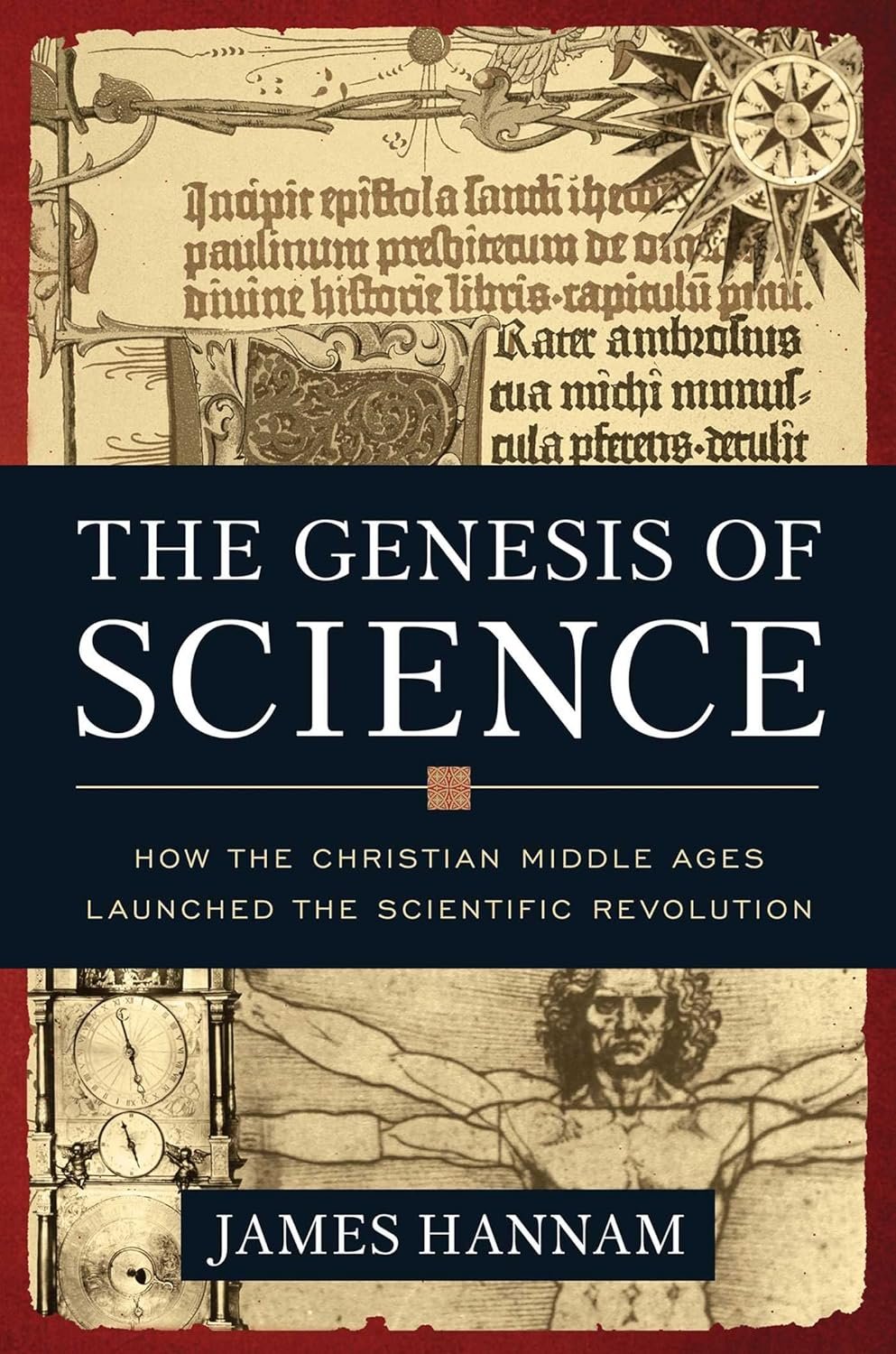Book review: The Genesis of Science
We often hear the common observation that science and Christianity are in conflict with one another. Christianity, so the thinking goes, is based on revelation; science is supposed to be based on observable fact.
Some famous atheists are also scientists. For example, Richard Dawkins, an outspoken and influential evolutionary biologist has published at least two books that undermine belief in God: The Blind Watchmaker and The God Delusion. So perhaps the public can be forgiven for thinking that science and faith conflict.
However, historically science has not always been in conflict with the Christian faith. If we look at worldviews and their implications, we might even come to the conclusion that science was birthed by Jesus. Science is highly compatible with a Christian worldview: in Christianity the universe is rational and is other than God. In atheism, there is no reason to suppose that the universe is governed by rational, discoverable laws. In pantheism, God is the universe, so why would one wish to experiment on God? Yet, experimentation is the basis for empirical science. In polytheism, capricious gods have control over the natural world; it therefor can be expected to behave capriciously, since there’s no telling when a god might unexpectedly intervene and upset the apple cart. Yet science has made so much progress by the simple assumption that the universe is governed by laws that can be discovered and understood.
——————————————————————————
The Genesis of Science: How the Cristian Middle Ages Launched the Scientific Revolution. Washington, D.C. Regenery Publishing. 2011. 454 pages with index.
——————————————————————————
James Hannam’s book, The Genesis of Science traces the gradual process the Christian worldview and its assumptions have made over the centuries in regard to what we today call science. Although nineteenth-century historians tended to look down on the middle ages as being backward and ignorant (you’ve no doubt heard the term “the dark ages” applied to the period prior to the “enlightenment” of the seventeenth century on), Hannam traces the rich discoveries and thinking of those very times. He quotes Sir Isaac Newton as saying in The Mathematical Principles of Natural Philosophy:
“Blind metaphysical necessity … could produce no variety of things. All that diversity of organisms which we find suited to different times and places could arise from nothing but the ideas and will of a Being necessarily existing.”
Hannam makes the case that science was founded on a profound faith in the God of the Bible, not in opposition to any such belief. Belief in Jesus made science possible and did so during a period later skeptics scornfully considered “dark.”
The author is a graduate of both Oxford and Cambridge where he studied physic and then gained a Ph. D. in the history of science.
